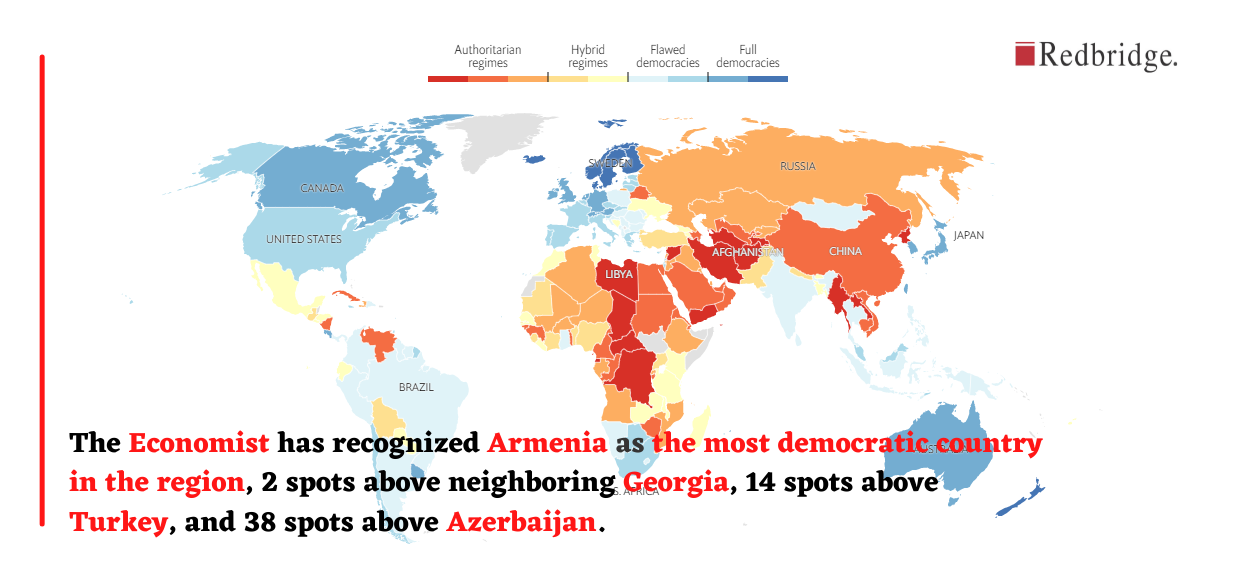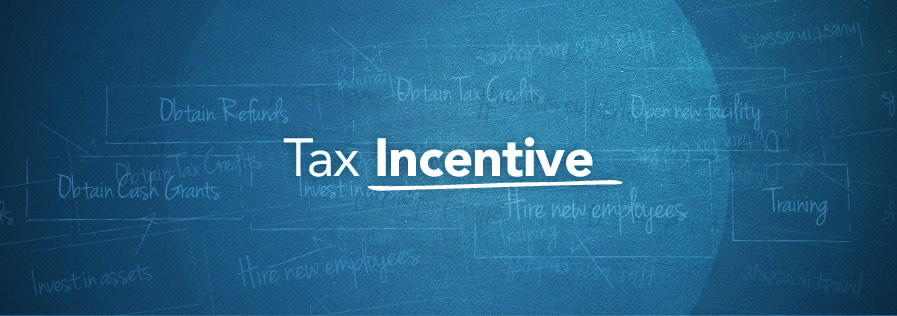New Tax Incentives for Startups in Armenia
The Armenian government has introduced new incentives for IT companies. Legal entities and individual entrepreneurs that will employ more than 50 employees previously not employed in Armenia will receive 50% reimbursement of the income tax paid.
The initiative intends to develop IT, as well as the creation of a suitable competitive environment in Armenia.
It aims to encourage the recruitment of highly qualified employees. The idea was to draw a significant number of freelancers out of the shadows.
State support is provided to commercial organizations and individual entrepreneurs, which meet the following conditions:
- 90 percent or more of income from activities (sales turnover) are from software development, IT consulting and other related activities;
- In the absence of revenue (sales turnover), 90 percent or more of the entire number of employees should be IT professionals;
- The number of employees should increase by at least 50;
- Newly hired employees from September 2021 to March 2022 shall not be registered employees (including service provisions under the service contract) in Armenia;
- Beneficiaries should not have tax obligations exceeding 100,000 AMD.





